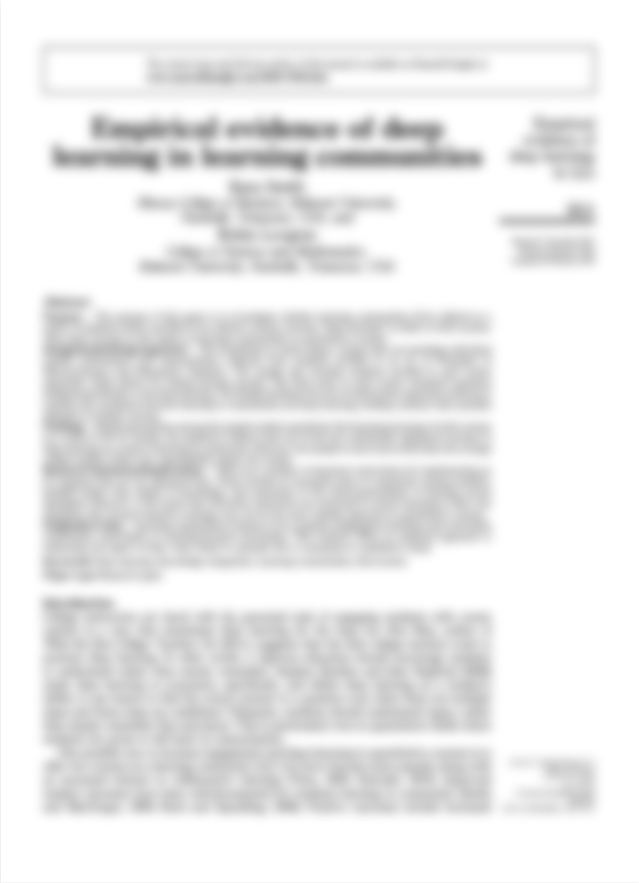- Preview Available
- Scholarly Journal
Boym, S. "Death in Quotation Marks: Cultural Myths of the Modern Poet" (Book Review)
Reynolds, A W M.
Slavonic and East European Review; London, etc. Vol. 70, Iss. 2, (Apr 1, 1992): 319.
We're sorry, there is no preview available.
Try and log in through your library or institution to see if they have access.






